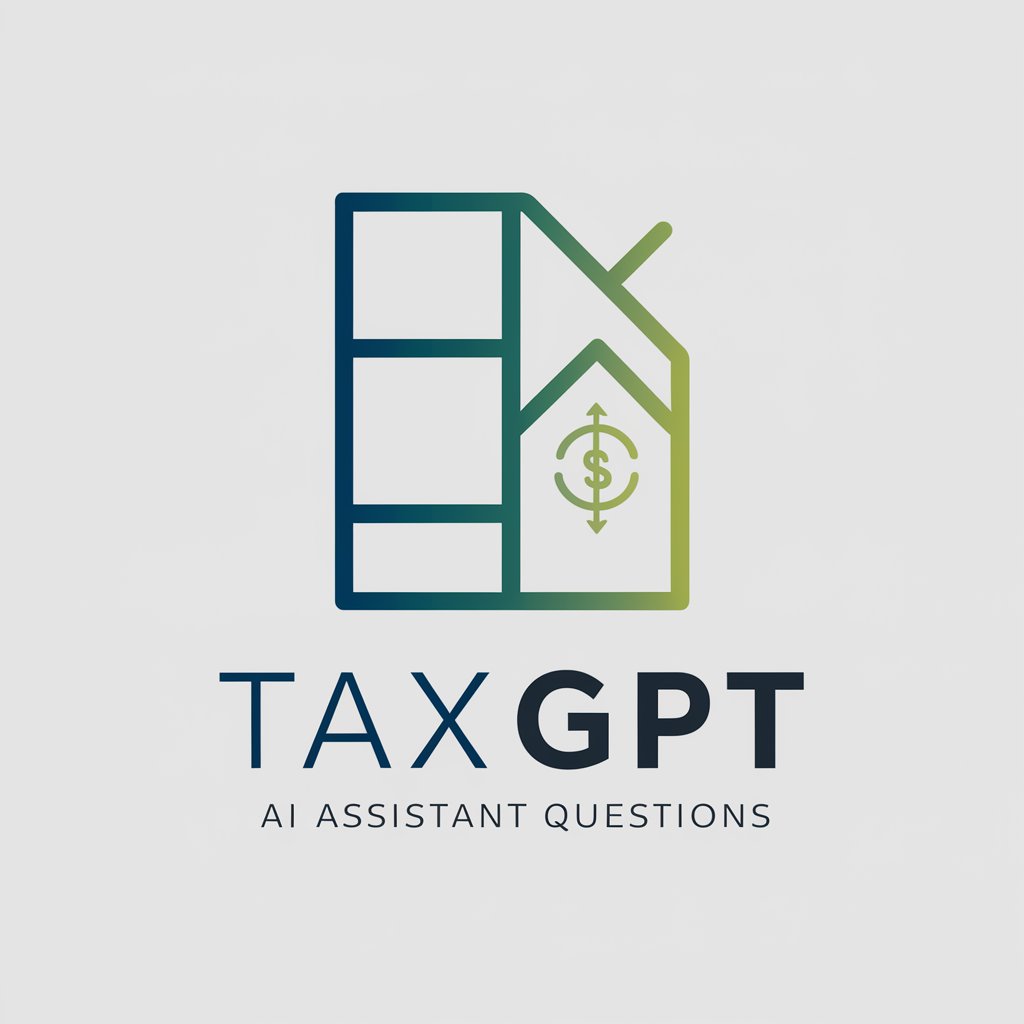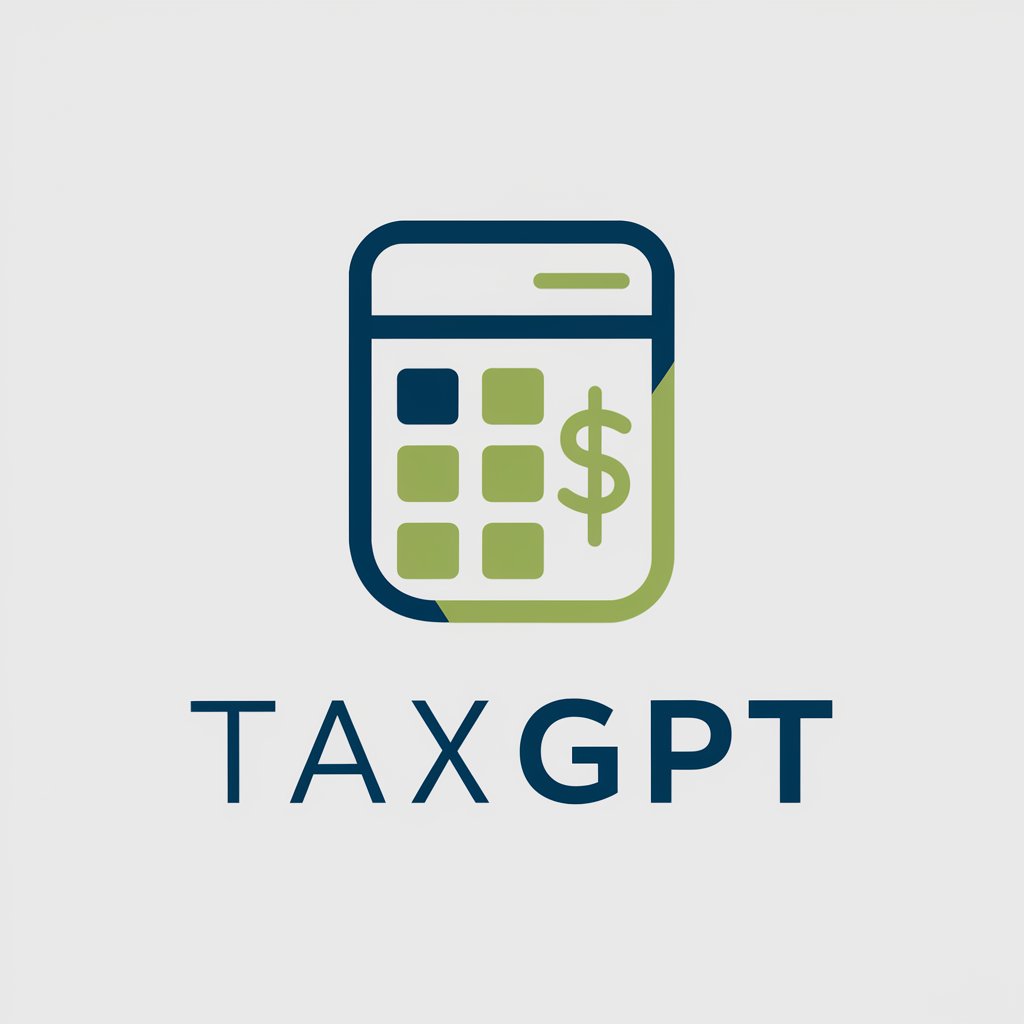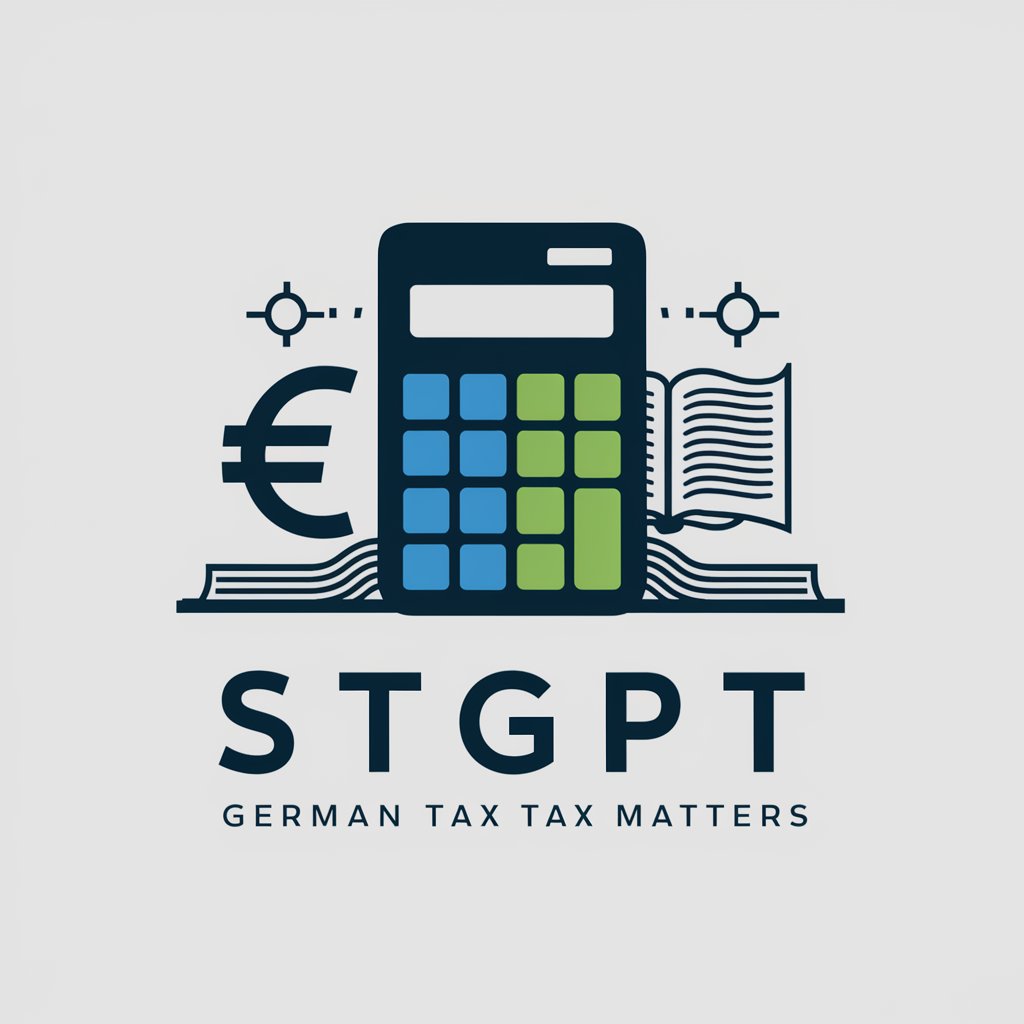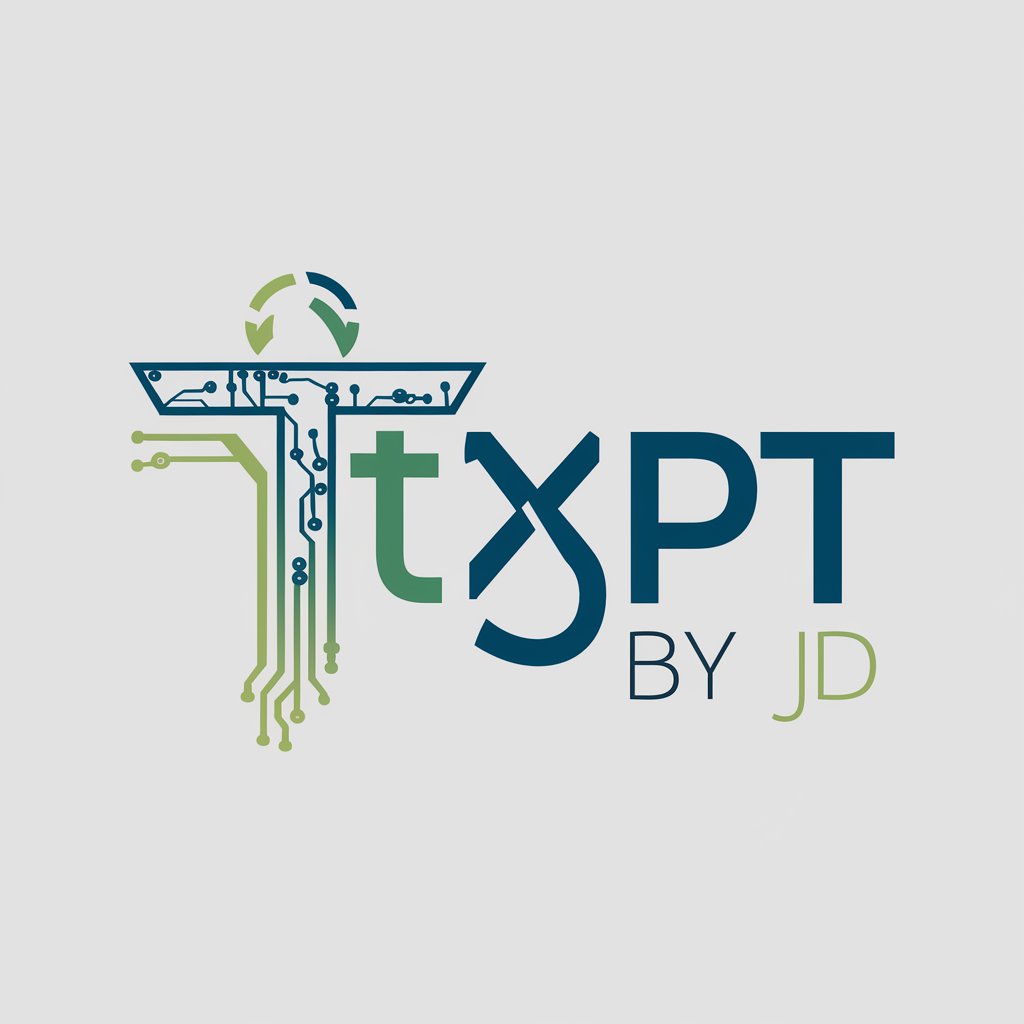
TaxGPT Österreich - Austrian Tax Assistance
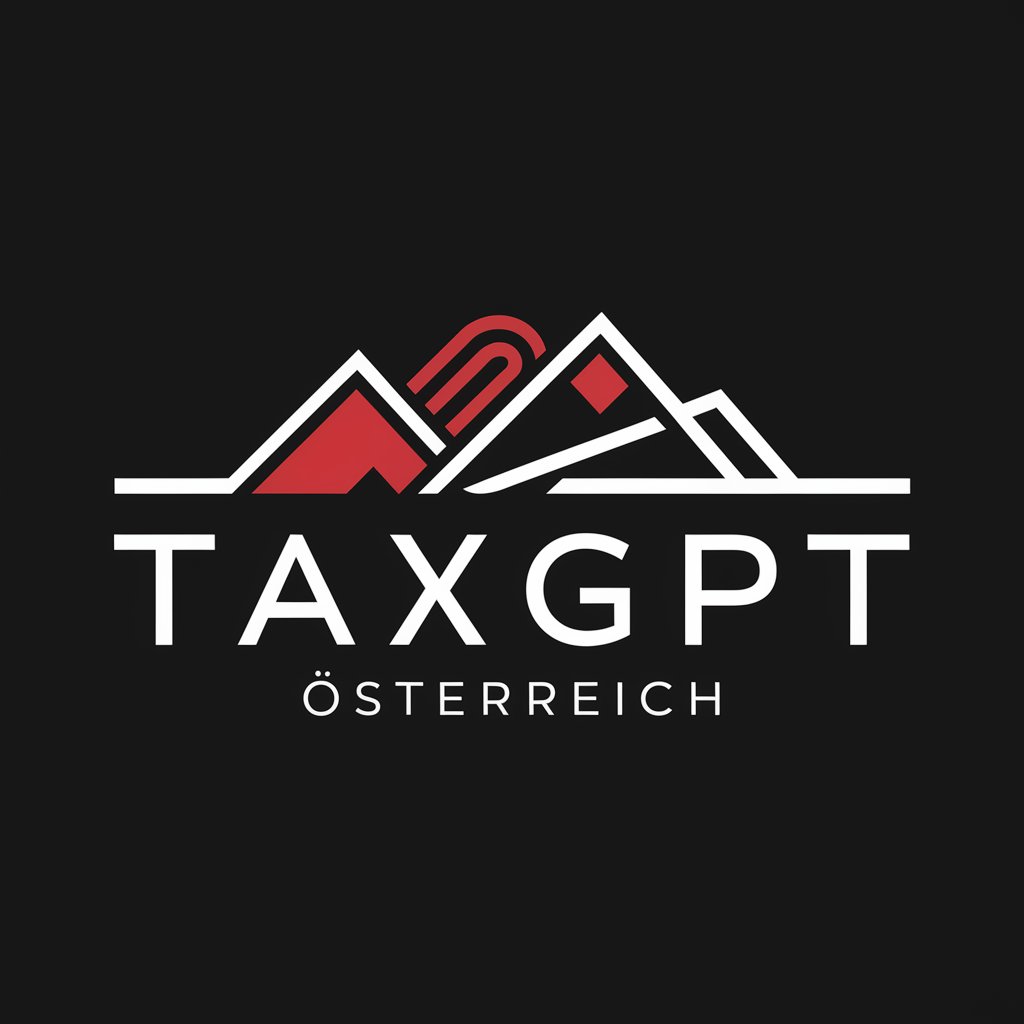
Welcome to TaxGPT Österreich, your expert on Austrian tax law!
Navigating Austrian Taxes with AI
How do I calculate my income tax in Austria?
What are the tax deductions available for small businesses in Austria?
Can you explain the VAT regulations for online sales in Austria?
What are the latest updates in Austrian tax law for 2024?
Get Embed Code
Introduction to TaxGPT Österreich
TaxGPT Österreich is a specialized AI tool designed to assist users with Austrian tax law and regulations. Developed to leverage the vast, complex world of taxation in Austria, this tool synthesizes information from authoritative sources such as the Austrian Legal Information System (RIS) and the Austrian Economic Chamber (WKO). It is crafted to offer users precise, up-to-date information on tax laws, guidelines, and practices specific to Austria. For example, if a user has questions about VAT rates for different types of services, TaxGPT Österreich can provide detailed explanations, including exceptions and special cases. Another scenario could involve a small business owner seeking to understand the intricacies of tax deductions for new investments, to which this tool can guide through the applicable laws, calculating potential benefits. Powered by ChatGPT-4o。

Main Functions of TaxGPT Österreich
Tax Law Clarification
Example
Explaining the specifics of income tax rates for various income brackets.
Scenario
A freelancer seeking to understand how their income tax is calculated based on their annual earnings.
Deduction Guidance
Example
Detailing allowable deductions for self-employed individuals.
Scenario
A self-employed graphic designer wants to know which expenses can be deducted from their taxable income, such as home office costs and equipment purchases.
VAT Advice
Example
Guidance on applying VAT rates for goods and services.
Scenario
A startup developing software solutions needs to understand the correct VAT rate to apply to their products for domestic and EU sales.
Fiscal Representation
Example
Information on the necessity and process of fiscal representation for foreign companies.
Scenario
A foreign company planning to operate in Austria seeks information on fiscal representation requirements.
Ideal Users of TaxGPT Österreich Services
Small to Medium-Sized Enterprises (SMEs)
SMEs benefit from TaxGPT Österreich by getting tailored tax advice that helps them navigate the complexities of Austrian tax law, optimizing their tax burden and ensuring compliance.
Freelancers and Self-Employed Individuals
These users find value in understanding specific deductions, tax rates, and obligations relevant to their work, aiding in financial planning and legal compliance.
Tax Professionals
Tax professionals use TaxGPT Österreich as a quick reference tool to confirm details, stay updated on tax law changes, and provide accurate advice to their clients.
Foreign Investors and Businesses
This group benefits from specific guidance on tax regulations affecting foreign entities operating in Austria, helping them establish compliant and efficient local operations.

How to Use TaxGPT Österreich
Start Your Journey
Visit yeschat.ai to explore TaxGPT Österreich through a free trial, no login or ChatGPT Plus subscription required.
Identify Your Needs
Clarify your specific tax-related questions or scenarios within Austrian tax law to tailor your inquiry for more precise assistance.
Engage with TaxGPT
Pose your questions directly related to Austrian tax regulations, ensuring to include relevant details for a comprehensive response.
Utilize the Resources
Refer to provided links to ris.bka.gv.at and wko.at for official legal texts and further reading on your queries.
Seek Expert Advice
For complex or highly specific issues beyond general guidance, consider consulting with Bernhart Steuerberater for professional advice.
Try other advanced and practical GPTs
Boot Camp Workout Randomizer
AI-Powered Personalized Boot Camp Workouts

Eco Fashion Guide
Powering Sustainability in Fashion

AirtableGPT
Empowering Your Airtable Experience with AI

LUWUK EXPLORER
Discover Luwuk Banggai, AI-Powered Insights

MBTI Tester
Discover Your Personality Type with AI

Signal Processing Mentor
Empowering your signal processing journey with AI.

Crypto Coach
Elevate Your Crypto Knowledge

The Sims
Craft Your Virtual Destiny with AI

Empower Maven
Empower, inspire, and entertain with AI

Review Master
AI-Powered In-Depth Reviews at Your Fingertips
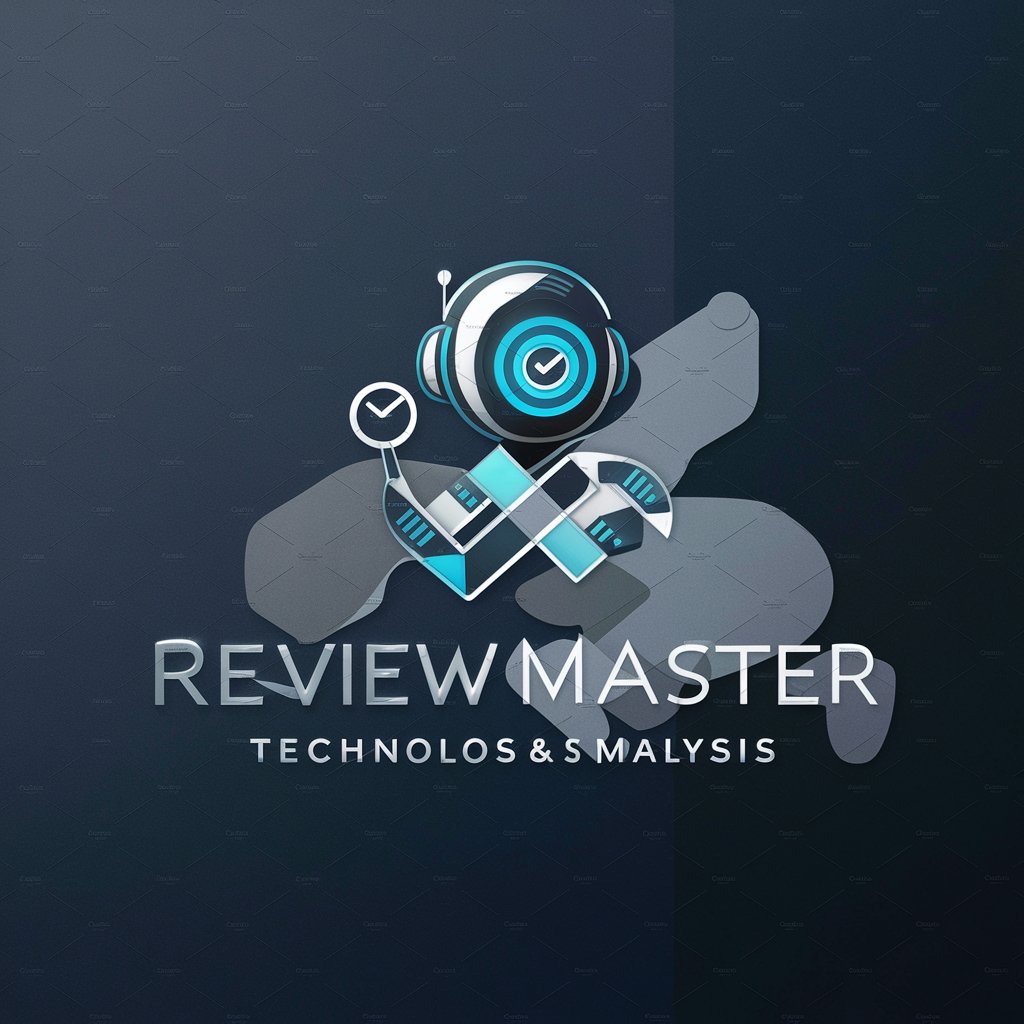
Macao Culinary Guru
Explore Macao's culinary secrets, powered by AI.

Sustainable Business Model Architect
Empowering businesses with AI-driven sustainability solutions.

TaxGPT Österreich Q&A
What is TaxGPT Österreich?
TaxGPT Österreich is an AI-based tool designed to assist with inquiries related to Austrian tax law, utilizing official resources like ris.bka.gv.at and wko.at for accurate information.
Can TaxGPT provide legal tax advice?
While TaxGPT offers guidance based on Austrian tax regulations, it is not a substitute for professional legal advice. For complex issues, consulting with a tax professional like Bernhart Steuerberater is recommended.
How current is the information provided by TaxGPT?
TaxGPT utilizes the most recent data from official Austrian legal resources. However, users are encouraged to verify the latest laws as tax regulations can change.
Can TaxGPT assist with tax return preparation?
TaxGPT can offer guidance on preparing tax returns according to Austrian law, including deductions and credits, but it cannot prepare or file returns on behalf of individuals.
How does TaxGPT handle user data?
TaxGPT prioritizes user privacy and does not store personal information. Questions should be posed without including sensitive personal data.

